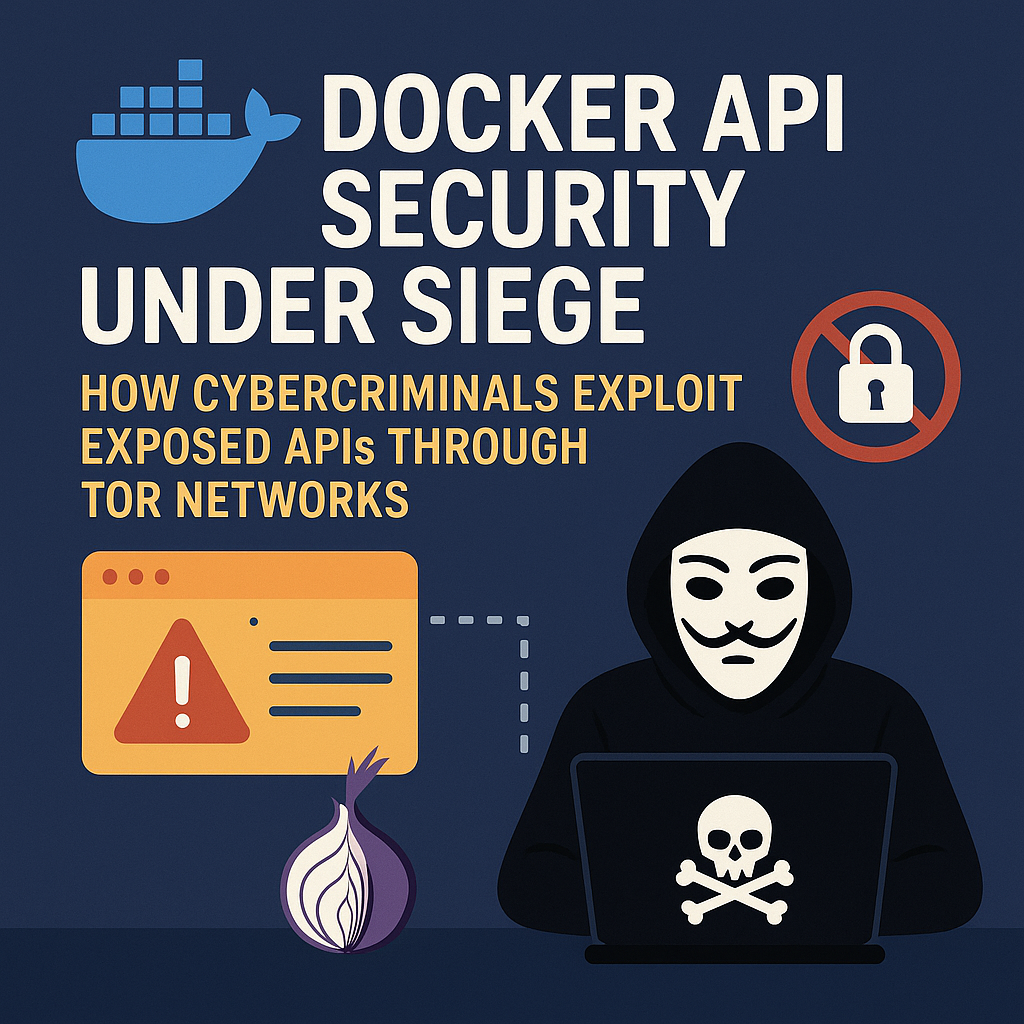Microsoft Under Fire: Senator Demands FTC Investigation Over Security Failures
🎙️ Dive Deeper with Our Podcast!
Microsoft Under Fire: FTC Investigation Demanded Over Security Failures
The technology landscape has been rocked by serious allegations against one of its biggest players. A prominent U.S. Senator has taken the unprecedented step of formally requesting federal intervention against Microsoft, citing what he calls “gross cybersecurity negligence” that has left critical infrastructure vulnerable to devastating attacks.
Senator Wyden Calls for Federal Action
Senator Ron Wyden has submitted a formal letter to the Federal Trade Commission, demanding an investigation into Microsoft’s cybersecurity practices. The Senator’s concerns center around Microsoft’s alleged failure to adequately secure its products, which has directly contributed to ransomware attacks targeting healthcare organizations across the nation.
In his letter, Wyden doesn’t mince words, stating that Microsoft should be held “responsible for its gross cybersecurity negligence, resulting in ransomware attacks against critical infrastructure, including U.S. health care organizations.” This direct accusation marks a significant escalation in the ongoing debate about corporate responsibility in cybersecurity.
The Ascension Health Breach: A Case Study in Vulnerability
The Senator’s concerns aren’t abstract – they’re grounded in real-world consequences that have affected millions of Americans. The 2024 Ascension Health ransomware breach serves as a stark example of how Microsoft’s security shortcomings can have devastating effects on critical infrastructure. This failure has even prompted a microsoft cybersecurity negligence investigation, underscoring the seriousness of systemic lapses. The incident, which occurred in May 2024, compromised the personal data of 5.6 million patients. The attack began when a contractor clicked on a malicious search result through Microsoft’s Bing Search while using the Edge browser. This seemingly innocent action opened the door for hackers to execute a sophisticated “Kerberoasting” attack.
Understanding the Technical Vulnerabilities
What is Kerberos?
Kerberos functions as a network authentication protocol that enables users and services to access network resources by verifying their identity without requiring password exchanges. This system is fundamental to how many corporate networks operate, making its security critical for organizational safety.
The Kerberoasting Threat
Kerberoasting represents a post-compromise attack technique that allows cybercriminals to steal encrypted service account credentials directly from Microsoft Active Directory systems. This method exploits weaknesses in password security, particularly targeting accounts protected by weak or easily guessable passwords.
The attack becomes particularly dangerous when these passwords are encrypted using the outdated RC4 algorithm. This deprecated encryption standard can be broken using readily available brute-force tools, giving attackers the keys they need to escalate their privileges and move freely through compromised networks.
Microsoft’s Response Falls Short
Senator Wyden’s team didn’t simply observe these problems from afar – they took direct action. In July 2024, they contacted Microsoft directly, urging the company to warn customers about the dangers of using RC4 encryption and to make stronger alternatives like AES 128/256 the default setting.
Microsoft’s response came in the form of a blog post published in October 2024. However, according to Senator Wyden, this response was inadequate. The Senator criticized the post as being “highly technical” and failing to clearly communicate the warning to the decision-makers within companies who needed to understand and act on this critical information.
The Persistent RC4 Problem
Despite being recognized as a weak cipher with known vulnerabilities that allow attackers to recover plaintext information, RC4 encryption continues to be available as an option in Kerberos systems. This persistence of an outdated security standard represents a significant ongoing risk to organizations worldwide.
Microsoft has acknowledged this issue and pledged to strengthen security across its products. The company maintains that RC4 remains available primarily to support older systems that cannot accept newer, more secure encryption algorithms. However, critics argue that this backward compatibility comes at too high a security cost.
National Security Implications
Senator Wyden frames Microsoft’s cybersecurity practices not just as a business concern, but as a serious threat to national security. He warns that without immediate intervention from the FTC, more high-impact incidents are inevitable.
“Without timely action, Microsoft’s culture of negligent cybersecurity, combined with its de facto monopolization of the enterprise operating system market, poses a serious national security threat and makes additional hacks inevitable,” the Senator stated in his letter.
Microsoft’s Defense
When contacted for comment, Microsoft provided a response that acknowledged the issues while defending their current approach. A company spokesperson explained that RC4 is indeed an old standard that Microsoft discourages in both their software engineering and customer documentation.
According to Microsoft, RC4 traffic now represents less than 0.1% of their total traffic, demonstrating that most customers have moved to more secure alternatives. However, the company argues that completely disabling RC4 would “break many customer systems,” creating a different set of problems for their user base.
Microsoft has indicated that they are actively working to gradually remove the algorithm without causing disruption to customers. They claim to be warning against its use while providing guidance on how to use the algorithm “in the safest ways possible” for those who still require it.
The company has also stated that removing RC4 is on their roadmap and that they have engaged with Senator Wyden’s office on this issue, expressing their willingness to continue the dialogue with government officials.
The Broader Industry Impact
This confrontation between a U.S. Senator and Microsoft highlights broader questions about corporate responsibility in cybersecurity. As organizations become increasingly dependent on digital infrastructure, the security practices of major technology vendors have implications that extend far beyond their immediate customers.
The healthcare sector’s vulnerability is particularly concerning, as these organizations handle some of the most sensitive personal information while often lacking the resources for comprehensive cybersecurity measures. When fundamental security flaws in widely-used software contribute to breaches affecting millions of patients, the question of corporate accountability becomes paramount.
What This Means for Organizations
For organizations currently using Microsoft products, this controversy underscores the importance of understanding and addressing cybersecurity risks proactively. Waiting for vendors to implement security improvements may not be sufficient in today’s threat landscape.
Organizations should immediately review their current encryption settings, particularly around Kerberos authentication, and ensure they are using the most secure options available. This may require updating systems and processes, but the alternative – remaining vulnerable to well-known attack techniques – poses far greater risks.
The Path Forward
The Federal Trade Commission has not yet publicly responded to Senator Wyden’s request for investigation. However, this formal complaint represents a significant step in the ongoing evolution of cybersecurity accountability in the technology sector.
The outcome of this situation could set important precedents for how government agencies address cybersecurity failures by major technology vendors. It may also influence how companies approach the balance between backward compatibility and security in their product development decisions.
Frequently Asked Questions
Q: What exactly is Senator Wyden accusing Microsoft of? A: Senator Wyden is accusing Microsoft of “gross cybersecurity negligence” for failing to provide adequate security in its products, which has contributed to ransomware attacks against healthcare organizations and other critical infrastructure.
Q: What was the Ascension Health breach and how did it happen? A: The Ascension Health breach occurred in May 2024 when a contractor clicked on a malicious Bing search result, leading to a Kerberoasting attack that compromised data from 5.6 million patients. The attack exploited weak RC4 encryption in Microsoft’s Kerberos authentication system.
Q: What is RC4 and why is it problematic? A: RC4 is an outdated encryption algorithm that has known vulnerabilities allowing attackers to decrypt protected information using readily available tools. Despite these known weaknesses, it remains available in Microsoft’s Kerberos system for backward compatibility.
Q: How has Microsoft responded to these concerns? A: Microsoft acknowledges that RC4 is an old standard they discourage, representing less than 0.1% of their traffic. They argue that completely disabling it would break many customer systems, but they’re working to gradually remove it and have it on their roadmap for eventual elimination.
Q: What is Kerberoasting and how does it work? A: Kerberoasting is a cyberattack technique that steals encrypted service account credentials from Microsoft Active Directory. It particularly targets accounts with weak passwords encrypted using vulnerable algorithms like RC4, allowing attackers to escalate privileges and move through networks.
Q: What are the national security implications of this issue? A: Senator Wyden argues that Microsoft’s security practices, combined with their dominant position in enterprise operating systems, create a serious national security threat that makes additional high-impact cyberattacks inevitable without intervention.
Q: What should organizations do to protect themselves? A: Organizations should immediately review their encryption settings, particularly around Kerberos authentication, ensure they’re using the most secure options available (like AES instead of RC4), and consider updating systems that rely on outdated security standards.
Q: Has the FTC responded to Senator Wyden’s request? A: As of now, the Federal Trade Commission has not publicly responded to Senator Wyden’s request for investigation into Microsoft’s cybersecurity practices.
How Technijian Can Help Secure Your Organization
In light of these serious cybersecurity concerns affecting major technology platforms, organizations need expert guidance to navigate complex security challenges. Technijian specializes in providing comprehensive cybersecurity solutions that help protect against the types of vulnerabilities and attacks highlighted in the Microsoft case.
Our cybersecurity experts can conduct thorough assessments of your organization’s current security posture, identifying potential vulnerabilities in your Microsoft infrastructure and other critical systems. We provide tailored recommendations for strengthening your defenses against Kerberoasting attacks and other advanced persistent threats.
Technijian offers specialized services in Active Directory security hardening, helping organizations implement stronger authentication protocols and reduce their reliance on vulnerable encryption standards like RC4. Our team can guide you through the process of upgrading to more secure alternatives while maintaining system functionality and user accessibility.
We also provide comprehensive employee training programs designed to help staff recognize and respond appropriately to phishing attempts and other social engineering tactics that often serve as the initial entry point for sophisticated cyberattacks.
For healthcare organizations and other critical infrastructure providers facing heightened regulatory scrutiny and threat levels, Technijian offers compliance-focused security solutions that address both current vulnerabilities and evolving regulatory requirements. Our proactive approach helps ensure that your organization stays ahead of emerging threats while maintaining operational efficiency.
Contact Technijian today to learn how our cybersecurity expertise can help protect your organization from the types of vulnerabilities that have made headlines in recent major breaches. Don’t wait for a security incident to expose weaknesses in your infrastructure – take proactive steps now to strengthen your cybersecurity posture.
About Technijian
Technijian is a premier managed IT services provider, committed to delivering innovative technology solutions that empower businesses across Southern California. Headquartered in Irvine, we offer robust IT support and comprehensive managed IT services tailored to meet the unique needs of organizations of all sizes. Our expertise spans key cities like Aliso Viejo, Anaheim, Brea, Buena Park, Costa Mesa, Cypress, Dana Point, Fountain Valley, Fullerton, Garden Grove, and many more. Our focus is on creating secure, scalable, and streamlined IT environments that drive operational success.
As a trusted IT partner, we prioritize aligning technology with business objectives through personalized IT consulting services. Our extensive expertise covers IT infrastructure management, IT outsourcing, and proactive cybersecurity solutions. From managed IT services in Anaheim to dynamic IT support in Laguna Beach, Mission Viejo, and San Clemente, we work tirelessly to ensure our clients can focus on business growth while we manage their technology needs efficiently.
At Technijian, we provide a suite of flexible IT solutions designed to enhance performance, protect sensitive data, and strengthen cybersecurity. Our services include cloud computing, network management, IT systems management, and disaster recovery planning. We extend our dedicated support across Orange, Rancho Santa Margarita, Santa Ana, and Westminster, ensuring businesses stay adaptable and future-ready in a rapidly evolving digital landscape.
Our proactive approach to IT management also includes help desk support, cybersecurity services, and customized IT consulting for a wide range of industries. We proudly serve businesses in Laguna Hills, Newport Beach, Tustin, Huntington Beach, and Yorba Linda. Our expertise in IT infrastructure services, cloud solutions, and system management makes us the go-to technology partner for businesses seeking reliability and growth.
Partnering with Technijian means gaining a strategic ally dedicated to optimizing your IT infrastructure. Experience the Technijian Advantage with our innovative IT support services, expert IT consulting, and reliable managed IT services in Irvine. We proudly serve clients across Irvine, Orange County, and the wider Southern California region, helping businesses stay secure, efficient, and competitive in today’s digital-first world.


